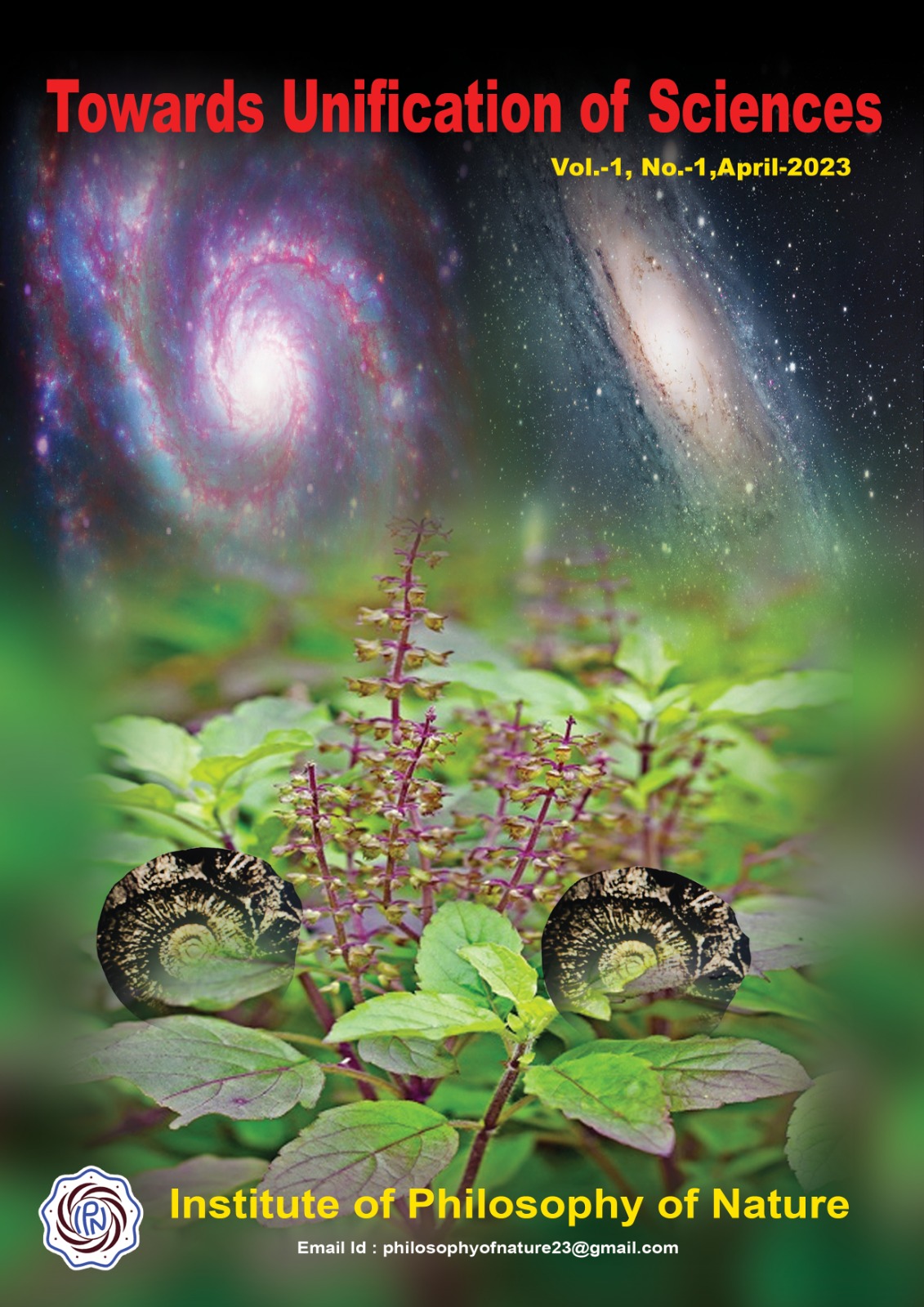INSTITUTE OF PHILOSOPHY OF NATURE
Our Journals
Institute of Philosophy of Nature attempts to develop harmony among vedic science, spiritual science and modern science.
Speciality of this journal
The concepts and basic assumptions of Vedic science, spiritual science, modern science do not exhibit harmony. Again within modern science the physics of micro domain is deviated away from macro domain physics. The domain-based science is required to be translated in the language of universal science to achieve unification of sciences. This would require changes at basic level of modern science for developing harmony among sciences. Any change of well established concepts is not considered desirable as it questions the basis of science. However if such changes are of absolute necessity to achieve unification of sciences and the change is not acceptable to scientific community then it becomes difficult to publish any breakthrough new idea, concept or theory in conventional journals. Thus the new unified science has little scope to find a base. To overcome the hurdle, the Institute of philosophy of nature has introduced a new journal to entertain articles relating to unification of sciences which may introduce major changes in modern science, The journal is meant for open thinkers allowing deviation from normal concepts in science.
Who are the readers of the journal?
IPN President's note
Humble Prayer
We have a wide range of sciences to comprehend all facets of nature. Despite the fact that all sciences aim to comprehend nature, there is unfortunately no harmony among them. Again, there are multiple disciplines in modern science. Multidisciplinary research has emerged as a new trend with more success in contemporary science, even as every discipline advances through research. In order to comprehend the fundamental laws of nature, which is accessible to any discipline and in all domains, it is extremely useful to combine the fundamental ideas and assumptions of many sciences (Vedic science, spiritual science, and contemporary science). We could get access to a complete, unified knowledge of nature by using a multidisciplinary scientific method. Concerning material science, spiritual science, and how to approach different aspects of nature, Vedic science’s fundamental presumptions remain constant.
I intuitively feel that incorporating the fundamental ideas of Vedic science in the right way would give micro domain physics a universal significance and aid in advancing modern science to create a domain-free universal science that will broaden the scope of science until nothing is left outside of it. There are several restrictions on current modern science. If a new comprehensive unified science is feasible then its acceptability would depend on how it explains all phenomena of nature beyond the limits of modern science. Therefore, it is outside the purview of contemporary science to accept or reject new fundamental ideas. Instead of focusing on how far the new comprehensive unified science departs from the core ideas of current science, we must consider how much it describes the natural world. The articles from the IPN-journal ‘Towards unified understanding of nature’ will introduce the new unified science. While reading the articles in the aforementioned publication, one must be open.
Prof. B. C. Mohanty
President IPN
From Managing Editor's Table
The universe with all its constituents is always dynamic. The constituents have existence in many domains. Neither we can comprehend the vast universe nor we can observe the events in finer domains. The universe we conceptualize may be only a constituent of greater universe. Likewise, matter might be existing in finer domain below micro domain without the knowledge of modern science. Our perception to smallest state of matter means only the smallest existence of matter in micro domain. If matter exists in micro-micro domain (one domain below micro domain). its mass in atomic mass unit would be zero. We need to formulate a finer domain mass unit, say photonic mass unit (PMU) to realize its rest existence. The existence of matter in finer domain if exists in nature then it would go to build the structure of micro particles like the atoms go to build celestial bodies. If this is so, modern science has a new scope of understanding the mechanism of quantum events and understanding the basis of quantum assumptions. The micro-micro domain science will take modern science to a new height and raising its capabilities to invade into the domain of spiritual science. This looks like a dreaming. It may be mentioned here that behind every discovery there exists a dream of success which drives towards the new discovery. Seeing the birds flying in the sky man wished if he could do so. Though it looks funny he pursued to accomplish his wish. He made many different trials and developed the aero plane. Man wished to make his journey to other celestial bodies and succeeded in developing the spacecraft. If there is a will (wish), there is a way. Again, we wished to unify the fundamental forces of nature and we have achieved success except gravity which we hope to unify in near future. Prof. Mohanty, president of Institute of Philosophy of Nature, dreams for the constancy and uniformity of nature in all domains and he has made some progress in this direction. According to Prof. Mohanty Vedic science, spiritual science and modern science explore different aspects of nature, however nature cannot be different for different explorers. Therefore, the inherent harmony exists among different sciences. At present unification of sciences, standing on different footings looks impossible. If modern science dreams for a possible unification on priority basis at the cost of altering the prevailing basic concepts of matter, space, charge and time and the dream may have some promise. Mass, space and time are parameters of dynamics. If we understand the individual parameters of dynamics clearly, we should be in a position of solving the dynamics of matter in slow motion or in fast motion (approaching the speed of light) using similar logic and treatment. We however need to fuse space with time, mass with time etc. to solve specific problems in specific manner. If revised concept of matter, space and time help to unify the dynamics of matter in different domain and unify all sciences then one should not hesitate to welcome the new significance of different entities of nature. It is expected that the new science will develop a comprehensive understanding of nature. This is the objective of this new journal.
Prof. Asoka Misra
Managing editor,
Towards unification of sciences
About Our Managing Editor
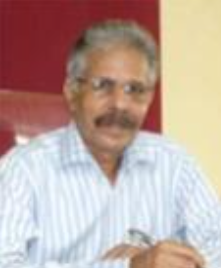
He is the first scientist to have invented the method of controlled application of electricity to interfere into the structure of a matter in order to manipulate its character into a desired state, which was first published in the referral journal of United States of America, ‘The Metallurgical Transactions A’ in 1985 proceeding eventually into publication of his conclusive determination in the February 1986 issue of the same journal under the caption, “Misra Technique”. His invention has been patented vide US Patent No.5,253,696 dated 19th October, 1993. And, in patenting the method of controlled application of electricity, expressed in the patent as “method for controlling solidification of metals and other materials”, Dr. Misra is the first in the world. His method has been referred to and relied upon in registration of later patents in USA.
It is marked that after publication of “Misra Technique” in 1985-86 and specifically after his technique was available for public perusal consequent upon registration of his patent in 1993, controlled application of electricity has become a sure process in shaping of various innovations that has given birth to a new era in the Sciencedom.
Our Editorial Board Members
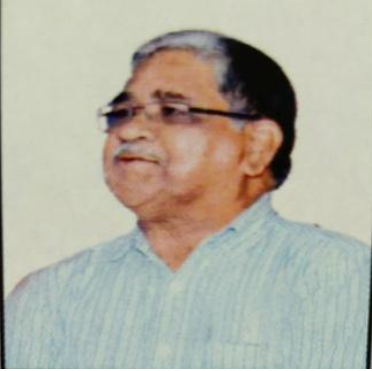
Prof. Niranjan Barik
Editorial Board Member

Dr. Pramod Chandra Mishra
Editorial Board Members

Prof. Dhanush Dhari Misra
Editorial Board Member
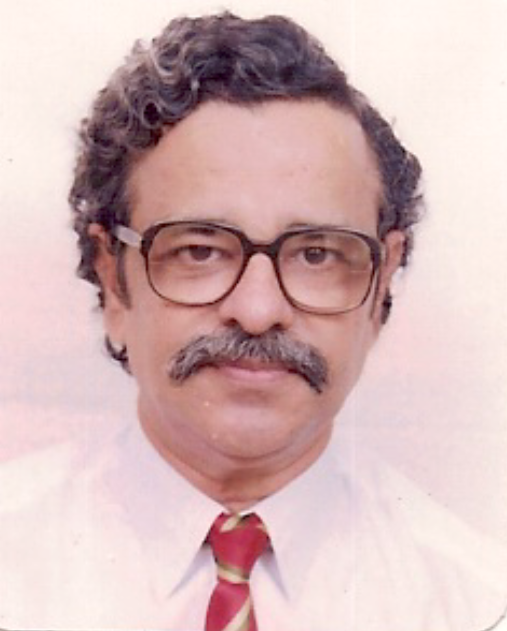
Dr. Raja Kishore Paramguru
Editorial Board Member

Bibhuranjan Nayak
Editorial Board Member
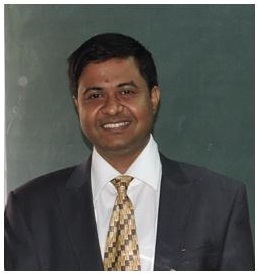
Prof. Shreerup Goswami
Editorial Board Member
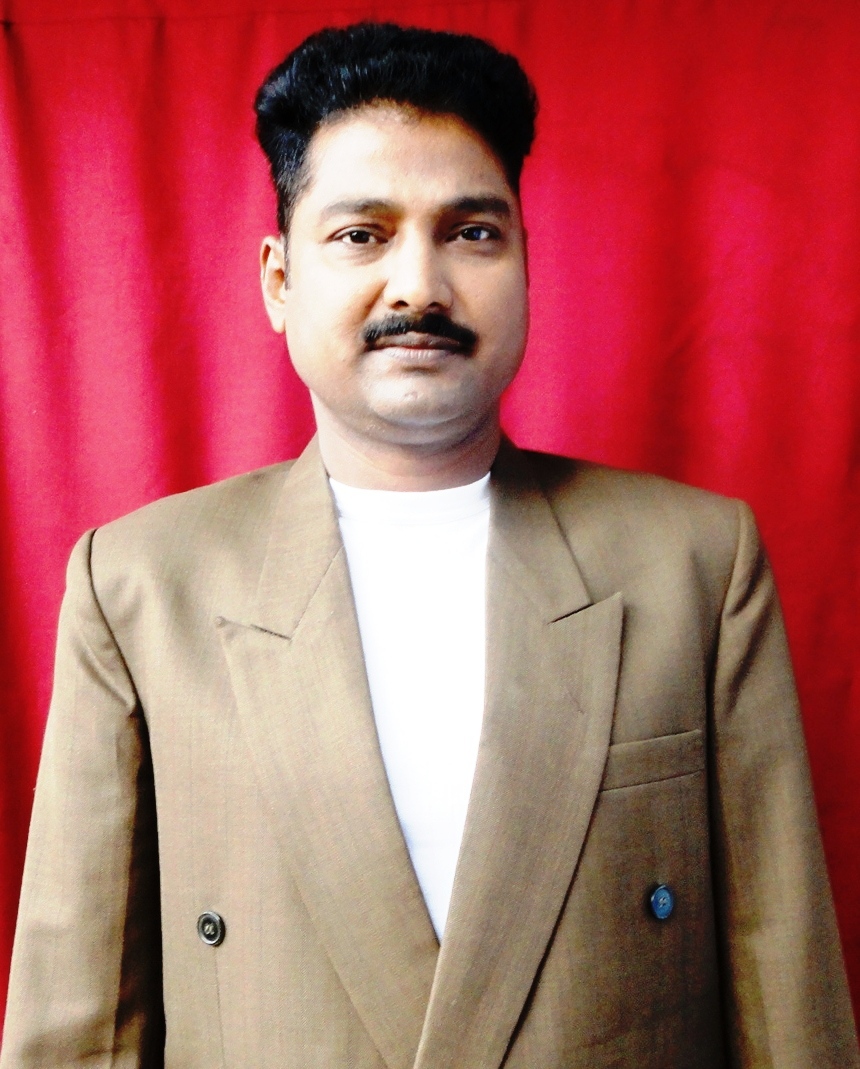
Dr. Kamalakanta Jena
Editorial Board Member

Dr. Bidubhusan Sahu
Editorial Board Member

Dr. Tapan Dash
Editorial Board Member

Dr. Ranjit Pattanayak
Editorial Board Member

Dr. Binod Bihari Palei
Editorial Board Member

